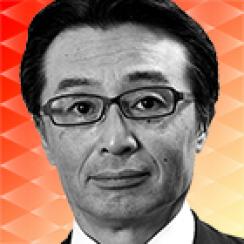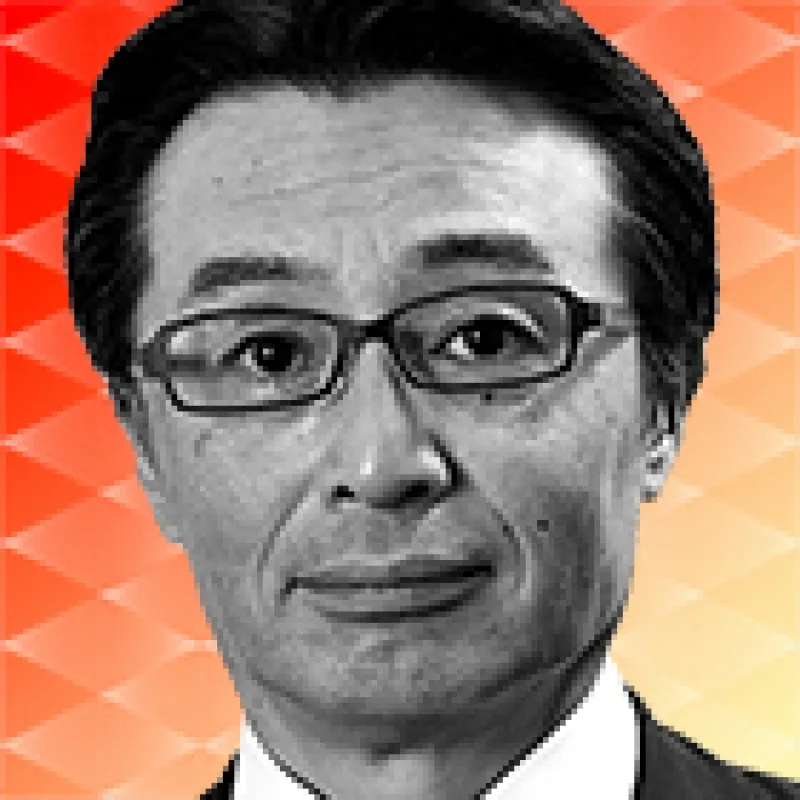< The 2015 All-Japan Research Team

Nobuyuki Saji
Mitsubishi UFJ Morgan Stanley Securities Co.
First-Place Appearances: 14
Total Appearances: 18
Analyst Debut: 1997
Nobuyuki Saji of Mitsubishi UFJ Morgan Stanley Securities Co. extends his dominance of this lineup to an impressive 14th year. Indeed, the 57-year-old member of Institutional Investor’s All-Japan Research Team Hall of Fame has earned more first-place finishes than any other currently ranked researcher, and investors readily articulate his staying power. Saji “has a lot of knowledge and experience about a wide range of fields beyond the Japanese economy,” one money manager observes, “from the Chinese financial system and the Japanese political system to structural reform in India.” Regarding the domestic market, the economist believes that workforce regulations and taxation regimes should be reformed, although he doesn’t believe that the necessary changes are forthcoming. “The Abe administration has tried to set up a special economic zone, where the labor market could be more flexible, but failed,” explains Saji. “A flexible labor market is required to enhance corporate governance, as it enables corporations to shrink or jettison unprofitable businesses.” Moreover, innovation needs to be spurred to drive a sustained growth in wages, he says. On the tax front, the Japanese government should reduce corporate levels, he contends, since the effective rates are higher than those in other industrialized countries, rendering Japan less competitive. More broadly, Saji is skeptical of Prime Minister Shinzo Abe’s economic policies, declaring that “it looks like the Abe cabinet may be trying to avoid policy measures that may prove painful for some Japanese people. With monetary easing driving long-term interest rates near to zero, Japan’s economy — and graying society — will have a hard time withstanding price increases fueled by yen depreciation.”





